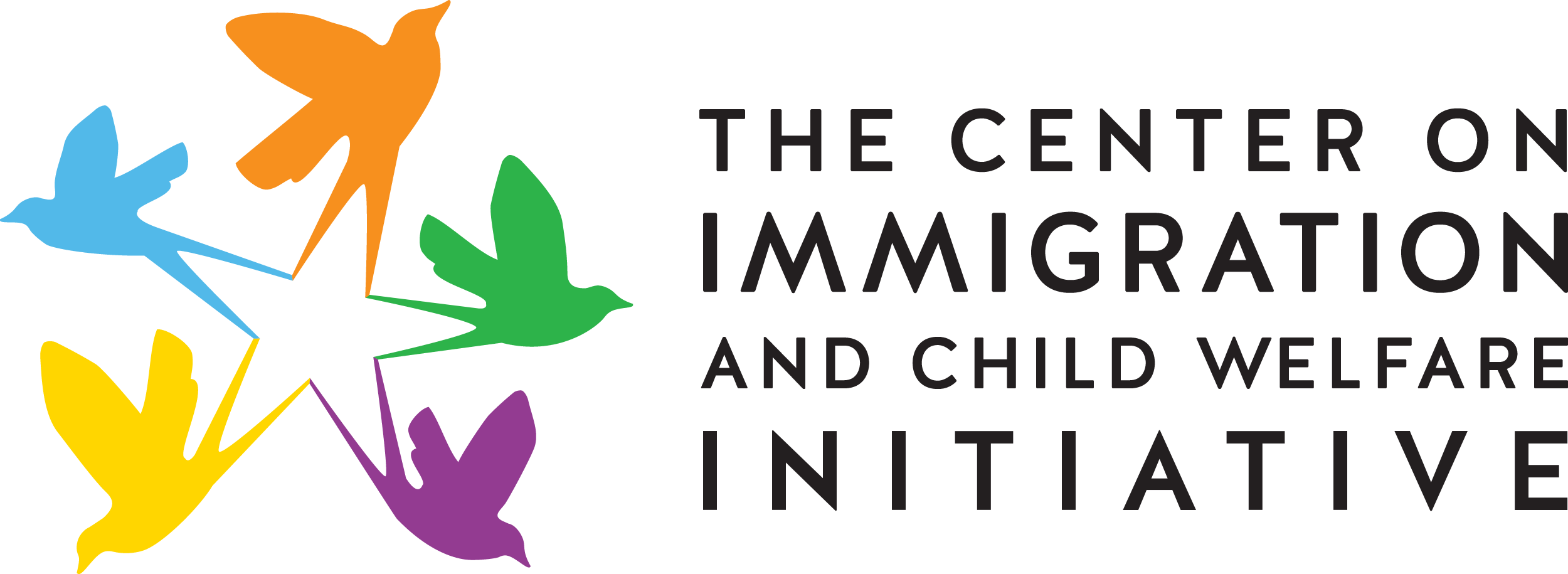Children and Youth Organizations Condemn Cuts to Services for Migrant Children
CLASP, (June 11, 2019)
In a joint letter to officials at the U.S. Department of Health and Human Services, the groups urged the Office of Refugee Resettlement (ORR) to maintain the supportive services that every child needs to thrive—and that are specified by the Flores settlement and state licensure requirements.

